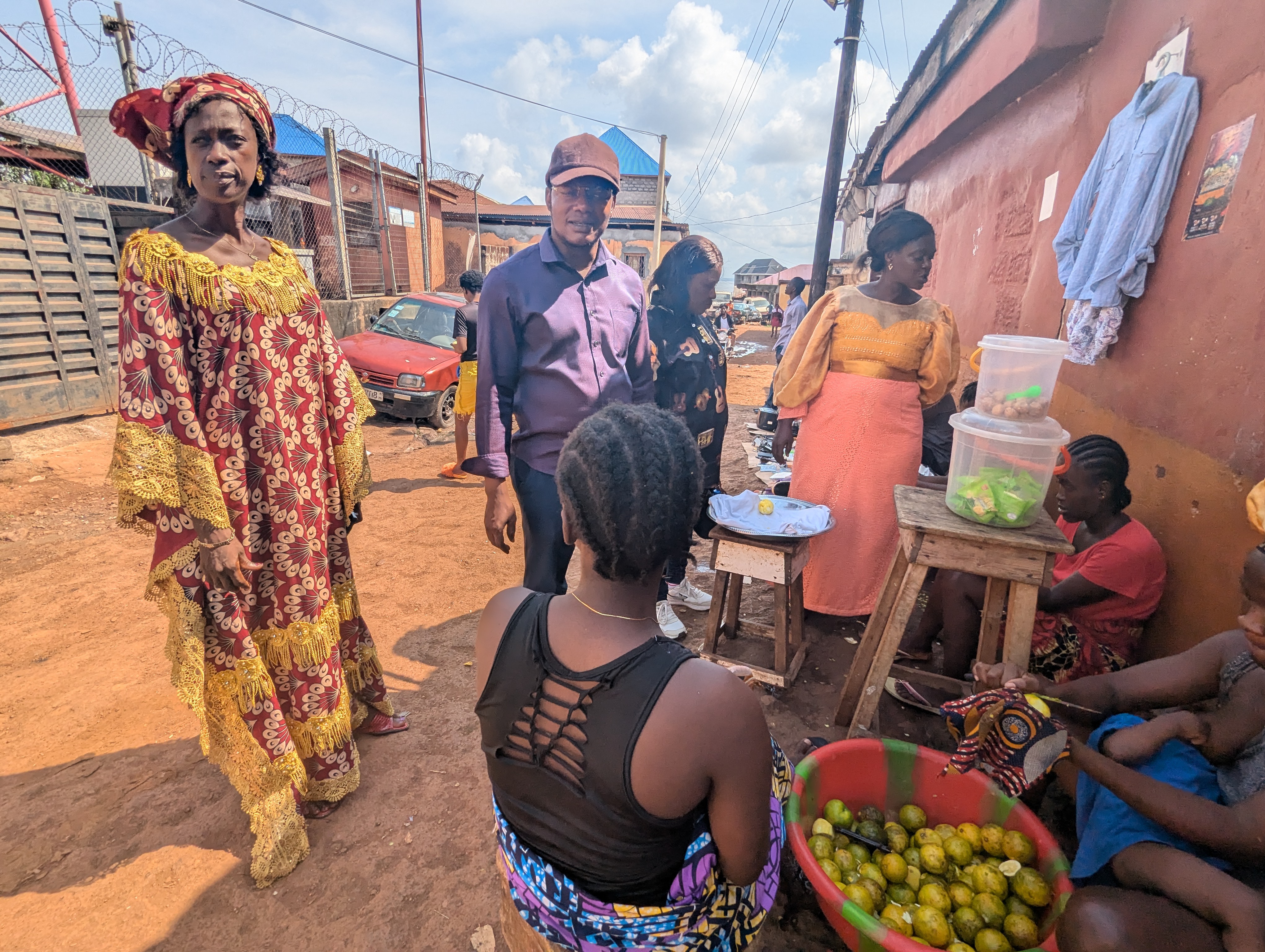One third of the Tunisian parliament is made up of women but political parties are still struggling to include more women in their ranks. In order to ensure that the equality and the involvement of women within Tunisian politics is considered by political parties in the long-term, International IDEA is hosting a workshop on strategic planning for political parties on comparative and gender perspectives’ in Tunis on 13 and 14 February.
Búsqueda
Region
Country
Type
On Thursday, 11 February, the book “The Cost of Democracy: Essays on Political Finance in Latin America”was presented in the Hall of Ex-presidents of the Congress of Costa Rica. The event was organized by the President of the Congress, Rafael Ortiz Fábrega, together with International IDEA, and the Inter-American Dialogue.
Women’s empowerment is key to sustainable development and there is a need for the United Nations and regional organizations to set clear strategic objectives and address critical areas of concern.
Democracy has no price, but it does have an operating cost.
Financing election campaigns is a debated issue and adequately regulating such financing is one of the great challenges for all democracies, including in Latin America.
Organized crime increasingly poses a threat to the exercise of democratic politics in most countries in the world. It is therefore imperative for governments to find creative ways to detect and tackle this problem.
What has parliament done to oversee a government’s gender equality commitments? If legislation exists, how does parliament monitor impact on gender equality? Parliaments have a role in moving forward gender equality and non-discrimination legislation, but the outcomes may be far different from country to country and in individual experiences.
Indonesia began its democratic transition in 1998 after mass protests ousted General Suharto. The first direct presidential elections were held in 2004 and the country passed a decentralization act in 2001 gradually shifting the power from national to local level.
Many Southern African countries are endowed with abundant natural resources but unfortunately many of these countries are also characterized by poor governance and inadequate management of these resources. Few countries have successfully managed to use their wealth of natural resources to build a resilient, diversified and competitive economy that benefits all citizens.
On Friday 22 January, while protesters demonstrated against the electoral process in Haiti, the Electoral Council cancelled run-off election, initially scheduled for Sunday. Despite the suspension of the process, violent protests calling for President Michel Martelly’s resignation continue. On Sunday, both supporters of Martelly and supporters of the opposition have demonstrated in the capital of Port-au-Prince and in other parts of the country.
On 20 January in Yangon, Myanmar, Ricardo Lagos, President of Chile between 2000–2006, officially launched Democratic Transitions: Learning from World Leaders, published by International IDEA and Club de Madrid with support from the European Union.
The fourth in a series of global conferences highlighting the issues of Money in Politics will take place in Tbilisi, Georgia 18-19 February and focus on the role money plays in Eastern and Central Europe.
Despite a contested electoral process, the 92 deputies and 14 senators elected in October last year were sworn in on 10 January. While taking office was initially scheduled on 11 January, as prescribed by the Haitian Constitution, President Michel Martelly decided to move the opening of parliament one day earlier than announced to avoid demonstrations that could lead to violence.
If from a global perspective 2015 was a difficult year in economic terms and a complex year politically – terrorist attacks by the Islamic State, massive migration flows, geopolitical tensions, war in Syria and populism on the rise in the United States and Europe – 2016 is unlikely to be much better. In terms of the economy, internationally and in Latin America, the slow growth is expected to continue with a mix of possible outcomes.
Women continue to be underrepresented in Bhutan politics and following the general elections in 2013 the number of women parliamentarians sank from 14 per cent to 8 per cent. No women were elected for a second term.
Although Myanmar’s Union Electoral Commisison (UEC) welcomed both domestic and international electoral observation missions to observe the November 2015 elections, and established codes of conduct for each category of observation missions, there is no authorization in the law for electoral observation in Myanmar.
The African Union has developed a comprehensive mandate that encompasses the creation, protection and support of democracy in its member states.
Since 2000 the AU has continuously expanded its mandate in the field of democracy support, and developed new mechanisms to fight unconstitutional changes of government and support the establishment of democratic institutions.
The mandate of the European Union for democracy support stems from the Treaty of the European Union of 1992 and subsequent initiatives and frameworks.
The EU has carried out its democracy-assistance activities through a series of specific policies and programmes, and their attached instruments, targeting both institution-building and political reform.
Over the past two decades, the Organization of American States has built a strong mandate and developed a wide range of mechanisms for building peace and supporting inclusive and sustainable democratic processes in the Americas.
The OAS of the 21st century should continue to play an active role in strengthening democratic governance in the region.
